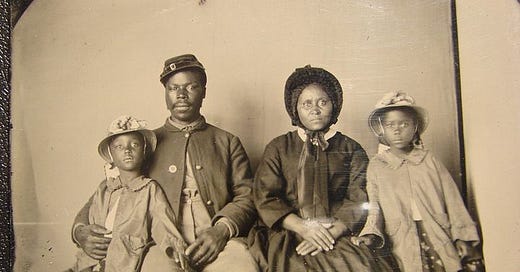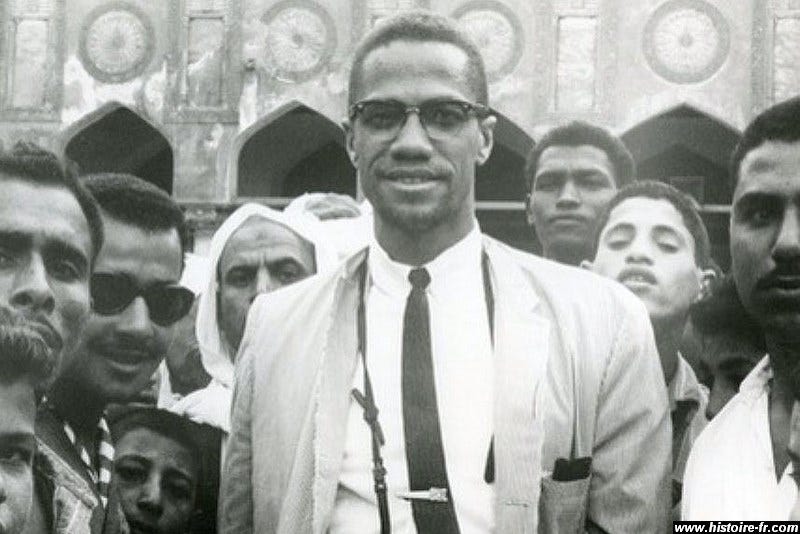African roots, ethnic cultures, American assimilation: myths, facts and context
Evolving racial patterns and stereotypes from first generation to tenth
One point Malcolm X makes in his biography, and many of his speeches, is that "the white man had completely erased the slaves' past, a Negro in America can never know his true family name, or even what tribe he was descended from: the Mandingoes, the Wolof, the Serer, the Fula, the Fanti, the Ashanti, or others." This actually is not accurate. The fact is, most family lines of African descent have been in the United States for many generations, before most of the ancestors of so-called "white" Americans arrived. Few people of any race, creed, color or national origin really know their ancestry that many generations back. The first few generations did know where they came from.
I think if he had not been murdered, Malcolm X would have recognized this in good time. He was one of those very rare individuals who can passionately commit to what he believes to be true, based on the information available to him at one time, but, on learning new facts, data, insights, perspectives, could radically alter his analysis and point of view. As a disciple of The Honorable Elijah Muhammad, he received and believed that "white" people are barred from Mecca, and that Islam is "the true religion of the black man."
After making the hajj himself, Malcolm realized that this was a lie -- that Muslims come in every complexion known to the human species. This not only made him a more orthodox Sunni Muslim, it not only altered his views of his "white" fellow Americans... it also motivated him to build bridges to Christians of African descent, whom he had previously denounced as Uncle Toms for embracing "the white man's religion."
At the time Malcolm began reading and studying faith and history, at the time he became an erudite and eloquent spokesman with a sophisticated vocabulary, some truths about American and world history were beginning to be cracked open. But there has been a tremendous volume of scholarship since 1965, detailed and diligent research, into documents that have gathered dust for decades or centuries. Some of the responsible historians have been Americans of African descent, others have been men and women classified by culture as "white." The most important question is not the color of their skin, but the content of their research.
Gwendolyn Midlo-Hall wrote a detailed book about Africans in Colonial Louisiana: The Development of Afro-Creole Culture in the Eighteenth Century. Researching the Pointe Coupee uprising of 1795, she found that the enslaved population in the area, including those who organized and led the revolt, retained distinct African ethnic identities, language and culture. Among the most numerous were Igbo, Bambara, Mina, and Yoruba, with smaller numbers of Kikongo, and Senegambian nations. These were first or second generation Africans, people who arrived during the peak of the slave trade. Everything they knew of themselves was not, and could not be, simply erased by the edict of those who purchased title to their persons and their labor.
Keep reading with a 7-day free trial
Subscribe to Citizen Historian to keep reading this post and get 7 days of free access to the full post archives.





